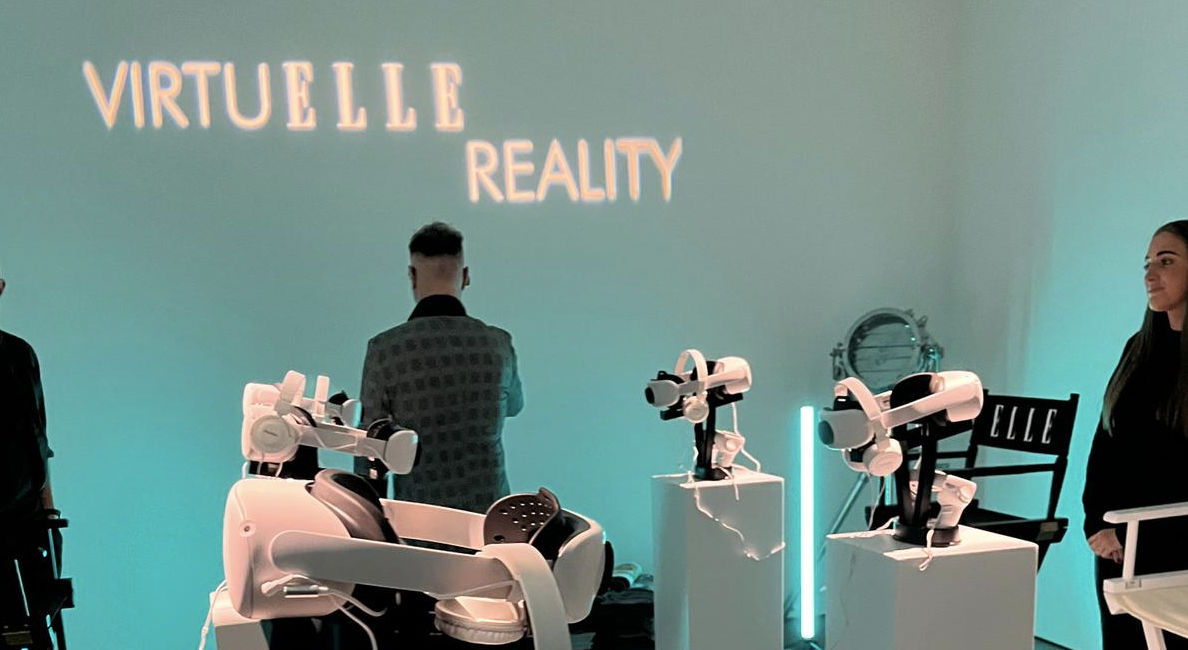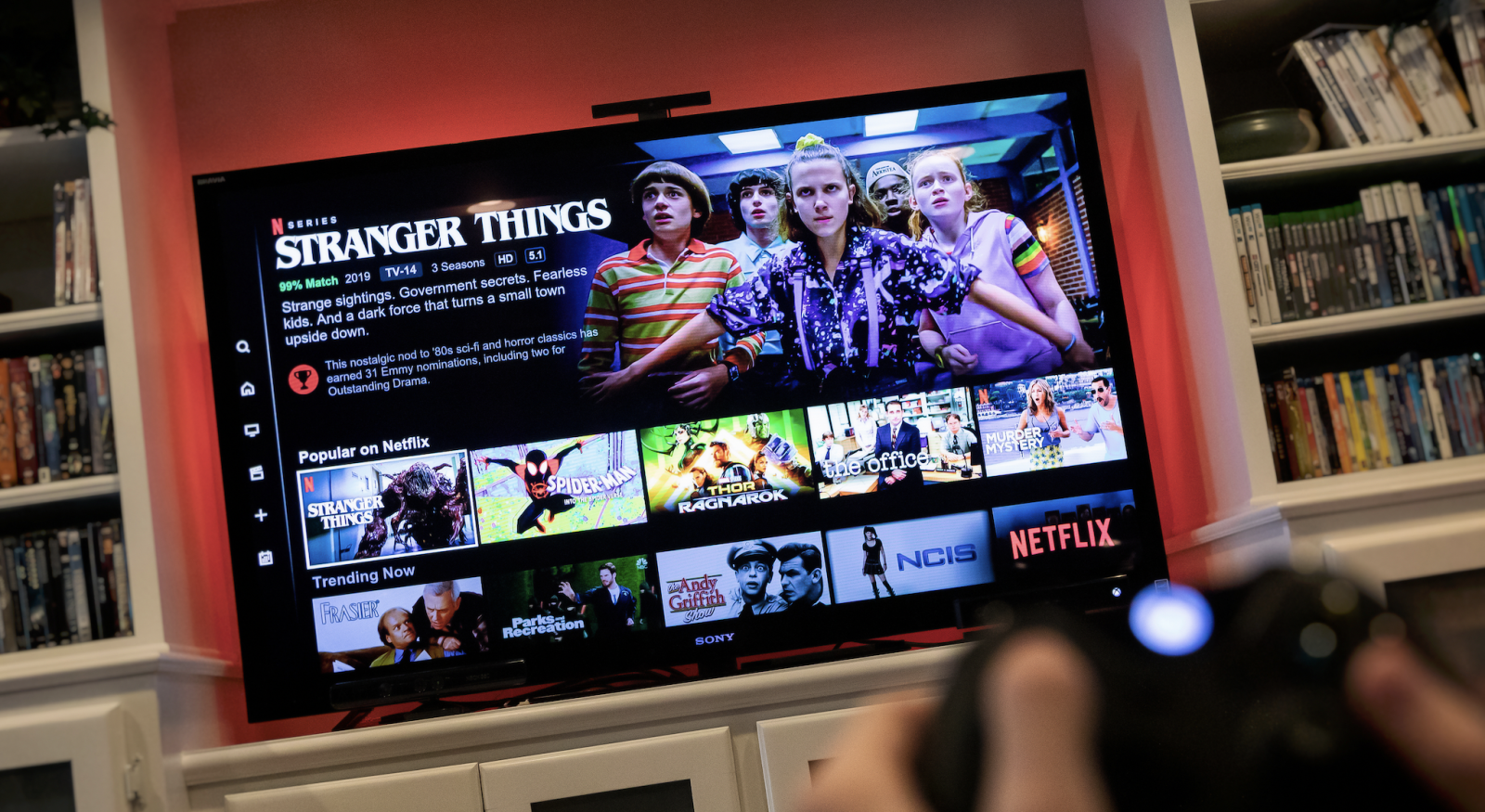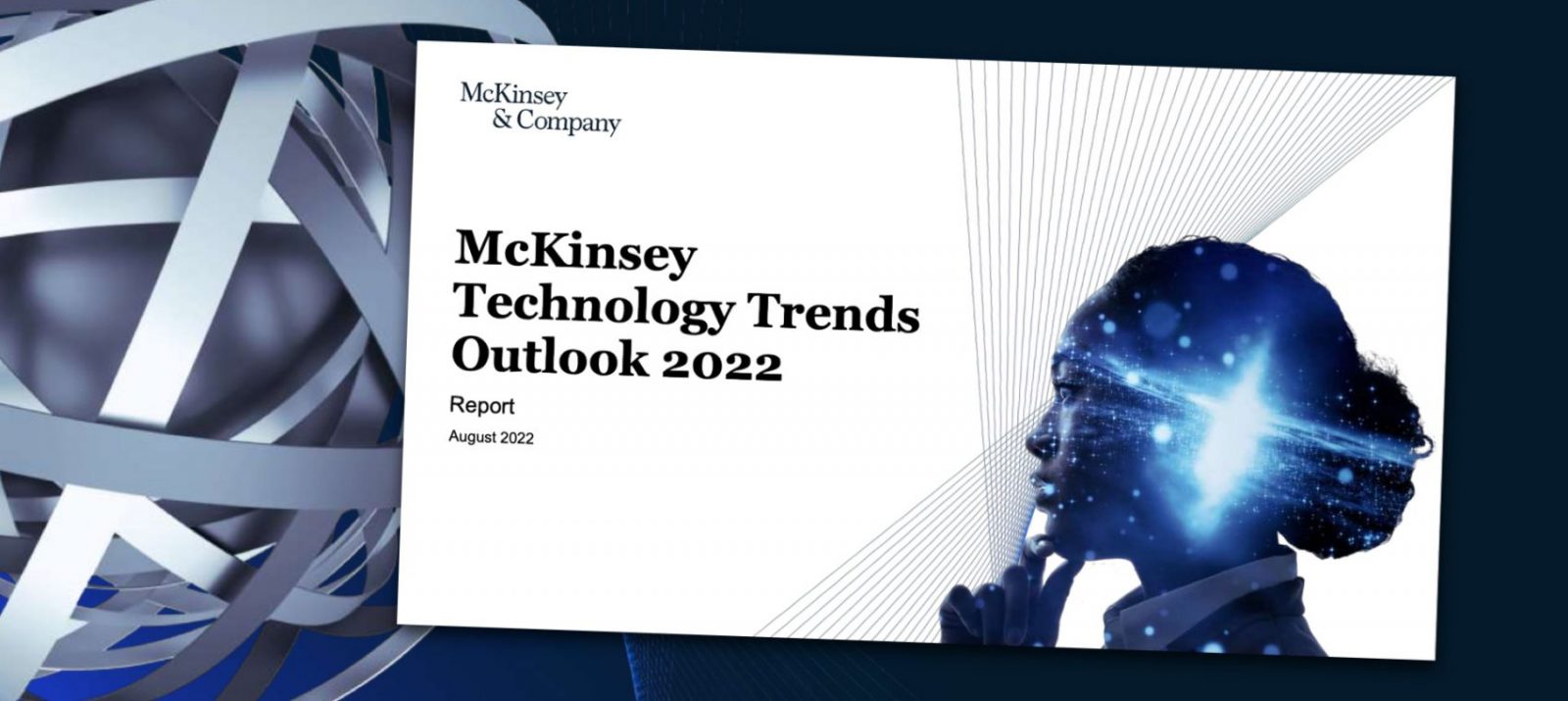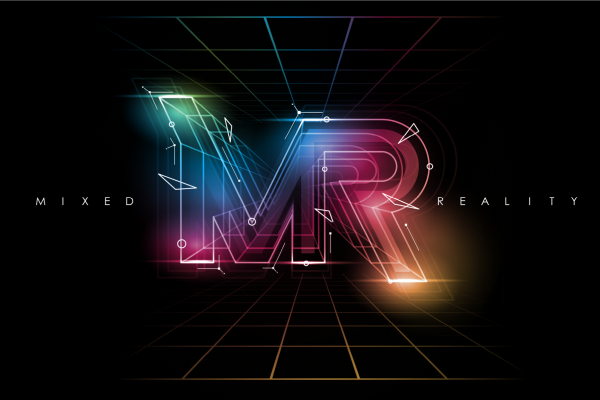The Media Weekly: Truth remains singular, but reality is increasingly mixed
A mixed media bag this week, as we examine the irrepressible march of mixed reality offerings. It’s a fascinating trend, particularly within the context of a post-pandemic world in which people are keen to return to real-life settings, but taking their digital-selves with them. And ultimately… if you follow that logic through to its natural conclusion… then I should be able to take the dog into work with me basically ?
The future’s made of VirtuELLE Reality
Last week, FIPP attended the launch of HearstX, a brand new division from Hearst UK that will focus on experiential media such as VR, AR, and mixed experience spaces. From new ‘controversy free’ virtual influencers, to a fully playable Cosmopolitan world, and an on-site photobooth used to create instant digital avatars of the guests in attendance on the day, this was a captivating event that showcased an unrivalled mix of multi-world experiences in a single location.

Particularly impressive was the VirtuELLE Reality room… an experience that began with the scanning of a QR code tucked inside the latest print version of the magazine, and ended in an all-out immersive behind-the-scenes fashion shoot experience – the play on words wasn’t bad either.
Secret Netflix experiences
From one ELLE to another (YESSSSSSSS!) and TodayTix has acquired UK company, Secret Cinema. For those who aren’t familiar, the latter screens popular TV & film content, within real-world – almost Disneyesque – settings.
At the weekend, The Guardian’s Mark Sweeney spoke to TodayTix co-Founder, Merritt Baer, who is looking to Netflix for inspiration: “In the early days, they were looking to learn from just renting out other people’s movies. Now look at their content business.”

More than 100,000 people are believed to have attended Secret Cinema’s real-world recreations of the Stranger Things universe, and post-pandemic, it’s another example of investor’s betting BIG on mixed reality experiences.
More broadly, it’s not surprising that emerging superstars are still looking to the Netflix spotlight as a shining example of success in the entertainment sector, because rumours of its death have been greatly exaggerated. In another article, Sweney also reports that the company racked up £1.4bn in revenue last year from UK subscribers alone – not bad for a platform that people are supposedly switching off!
McKinsey on media tech
All of these trends are interesting, not least because they are clearly no longer the theory of tomorrow, but the practice of today… and McKinsey’s 2022 Technology Trends Outlook examines some of these technologies in more detail, looking at the evolution of applied AI, immersive reality, and Web3.
In total, the report found that the media and entertainment sectors at large display a high association with 7 out of 14 key technology trends, across what it defines as both the ‘Silicon Age’ and ‘Engineering Tomorrow’.

And for those on the for side of the NFT debate, the report also provides good news: ‘Creation and ownership of digital media (for example, artworks, video content) – sold as NFTs – allow new business models and creative possibilities while providing artists with more control and, in some cases, ongoing perpetual royalties,’ it says.
Barnes & Noble on newsstands, products, and why magazines are the perfect addition to the bookstore
Our enduring… I’m gonna say lust… for physical world experiences, was underlined for us by Barnes & Noble last week. In an exclusive interview for FIPP, coming off the back of the DistriPress Congress in Portugal last month, the company’s Director for Merchandise – Newsstand and Media departments, Krifka Steffey, says that in days gone by, we were perhaps all a little too quick to dismiss the value of the tangible:
“The history of Vinyl is probably my favourite example of people thinking they know what customers will want and getting it wrong. Vinyl is a format that they tried to kill. In anticipation of mass acceptance of the CD and digital listening, they shut down and closed up the presses. But demand for the record was still there and now vinyl has picked up an additional, younger audience who is fanatical about the romance of a physical record.”

“Now as buyers, we can’t get the amounts we need to satisfy demand. It’s also important to point out that magazines have really evolved into a true sensory experience, and half of the battle is proving to people that a magazine is more than a tabloid.”
FIPP Insider Berlin is NEXT WEEK!
And if you like YOUR media experiences… Mixed! Then look no further than next week’s FIPP Insider Berlin event, which takes place on the afternoon of Thursday 20th October, directly after the new Media Makers Meet (Mx3) conference at the same venue in Fabrik 23. There’s still time to claim your FREE ticket, and don’t forget that FIPP Insider events are also OPEN TO ALL, providing the perfect introduction to the majesty that is global media convenings!
In the meantime, we’ve got an exclusive interview with PressReader’s Hugo Merino Montero, who will be speaking at the event, on digital editions, consumer trends, and post-pandemic priorities. “Magazines with niche or specialist audiences are doing very well at present,” he tells us, in a short interview that you can ‘consume’ in either video or text format here.










